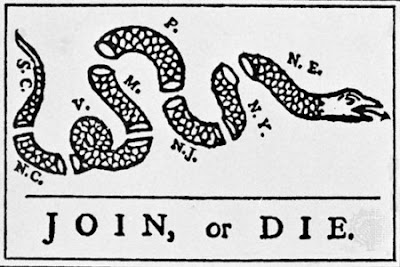So, I'm trying to start up a school club -- the "Owning Our Ignorance" club -- devoted to fun and logic, in that order. I've put up a blog for it over here.
Check it out. Please join if you're interested.

PHIL 101-01 & 101-82
Burlington County College
Fall 2008


Explain and evaluate Pascal's Wager.The assignment is based on the Pascal reading from the textbook. Like the other reading responses, you won't be graded on your opinion. You'll be graded on how well you DEFEND your opinion. This assignment is potentially worth the value of half a reading response (up to 25 points).
- First, briefly explain the argument Blaise Pascal gives that we should believe in God.
- Then, evaluate the argument. Are his reasons true, false, or questionable? Do they give us good support to buy his conclusion?
- Finally, tell me your opinion. Do you think it is a good argument or a bad argument? Why? Be sure to defend your opinion with reasons.


Reading Response #3 is due at the beginning of class on Thursday, November 20th for the Pemberton class, and Friday, November 21st for the Willingboro class. Here is the assignment:
Explain and evaluate the Design Argument for God's existence.The response is based on the William Paley and David Hume readings from the textbook. Like the other reading responses, you won't be graded on your opinion. You'll be graded on how well you DEFEND your opinion.
- First, briefly explain whatever version of the Design Argument you prefer to explain: Paley's argument by analogy, the inductive version Hume criticizes, or the abductive version we discussed in class.
- Then, tell me your opinion. Do you think it is a good argument or a bad argument? Why? Be sure to defend your opinion with reasons.

Here are some links on the design argument for God's existence. First is a radio interview on Hume's criticisms of the design arg. Second is an article on evolution versus intelligent design.
Third is the article about all the "design flaws" in nature. Fourth, here's an article on the recent research that might show the appendix serves a purpose, and so wouldn't count as a design flaw.
I also have a little music for you. Here's the source of the "more so" phrase:
Finally, the National Public Radio show Fresh Air ran a pair of interviews with two scientists talking about whether God exists. The conversations touch on a lot of things we've been discussing in class.

There's a philosophy comic strip that ran a whole series on the ontological argument that god exists. Here are links to the comics:
The full article is available here (you have to wait for an ad to play, then click 'Enter Salon' at the top right, to see the article).Last week, I jokingly asked a health club acquaintance whether he would change his mind about his choice for president if presented with sufficient facts that contradicted his present beliefs. He responded with utter confidence. "Absolutely not," he said. "No new facts will change my mind because I know that these facts are correct."
I was floored. In his brief rebuttal, he blindly demonstrated overconfidence in his own ideas and the inability to consider how new facts might alter a presently cherished opinion. Worse, he seemed unaware of how irrational his response might appear to others. It's clear, I thought, that carefully constructed arguments and presentation of irrefutable evidence will not change this man's mind.
